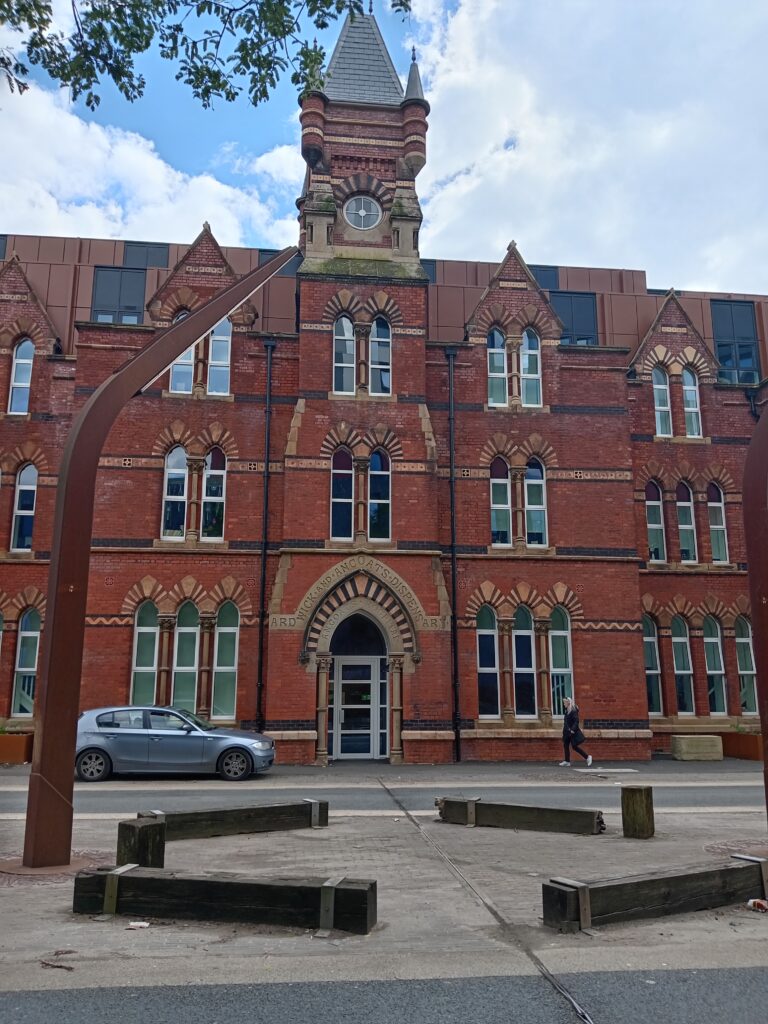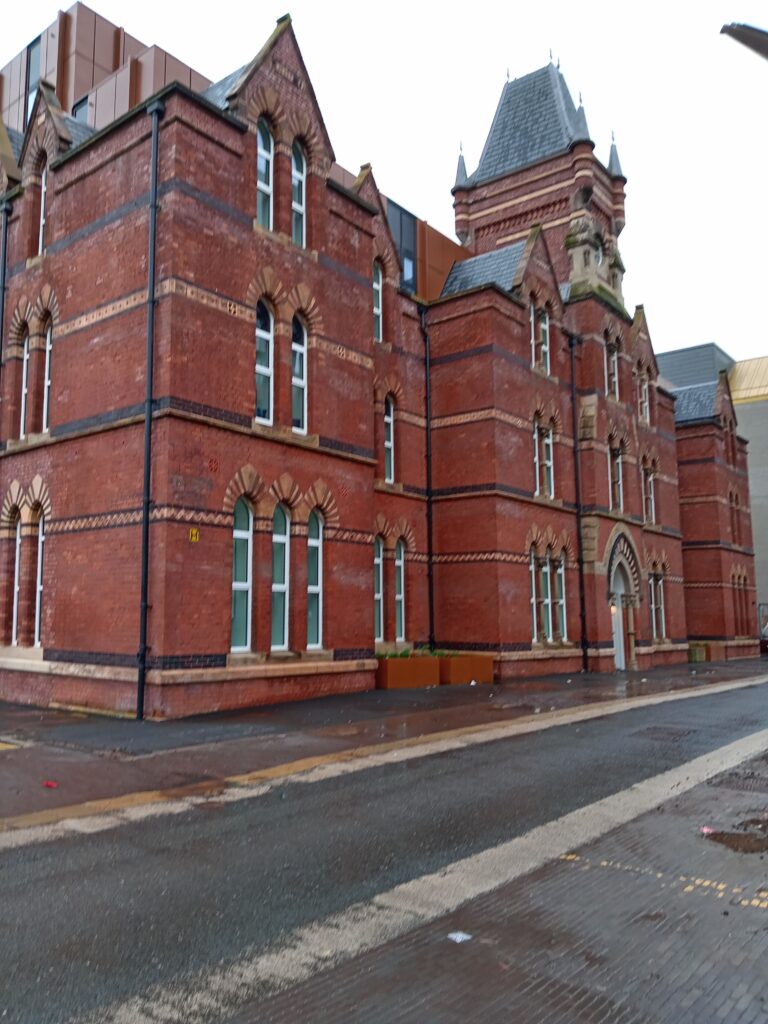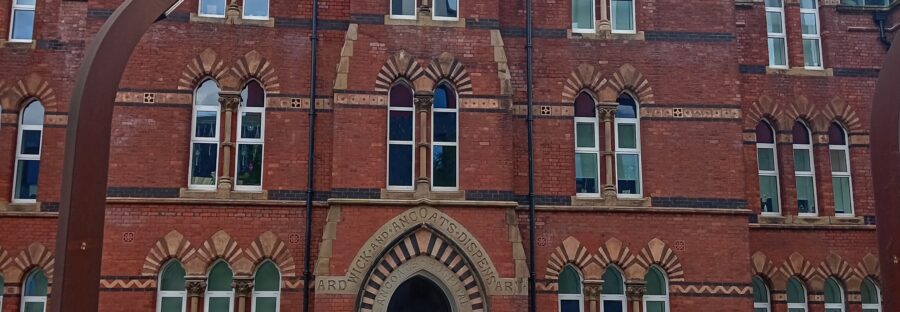“Living in this historic apartment is unbelievable”, says tenant at New Ancoats Iconic Landmark
One of Ancoats oldest buildings has been transformed into affordable apartments for average income earners with approvals from the province.
The former Ancoats Dispensary building was renovated and opened in March by Leader of Manchester City Council, Councillor Bev Craig.
David , a recent tenant, shares his excitement, stated: “I was part of the campaign to save it and to live in this historic apartment is unbelievable and inspiring because its indeed an heritage. With a proof of income and a provisional application, I got the keys three weeks ago. This has helped the community as a whole and we are happy”.
Affordable Rent
The £10m redevelopment of the Ancoats Dispensary has developed what remains of the former hospital into 39 one and two bed apartments which have provided affordable rent.

The dispensary was built in 1874 to provide healthcare for the city’s growing population alongside the Royal Infirmary. As a dispensary it contained no beds: people were treated as out-patients or visited at home. The move to new larger premises in Mill Street in 1873 allowed for the provision of beds and the transition from dispensary to hospital.
Bridging Social Housing Gaps
The local landmark remained in use until 1989 but has been vacant until the start of this project. Great Places has worked on the proposals with a variety of stakeholders, including Manchester Life who are developing a number of sites in the area, as well as the Ancoats Dispensary Trust.

Councillor Chris Northwood said: “The New Ancoats Residential Building is a good piece to maintain the history of Manchester and Ancoat. it tells a rich story of the area. It’s not open to private residents but basically Social Housing, meaning you have to earn below £45,000 a year and must have a link to Manchester. There a several priority bands that have been put into consideration as well . The highest priority is for people with issues of domestic abuse, homelessness and so on. It’s a council decision that is significant in bridging social housing gaps and addressing pressing community needs.”


